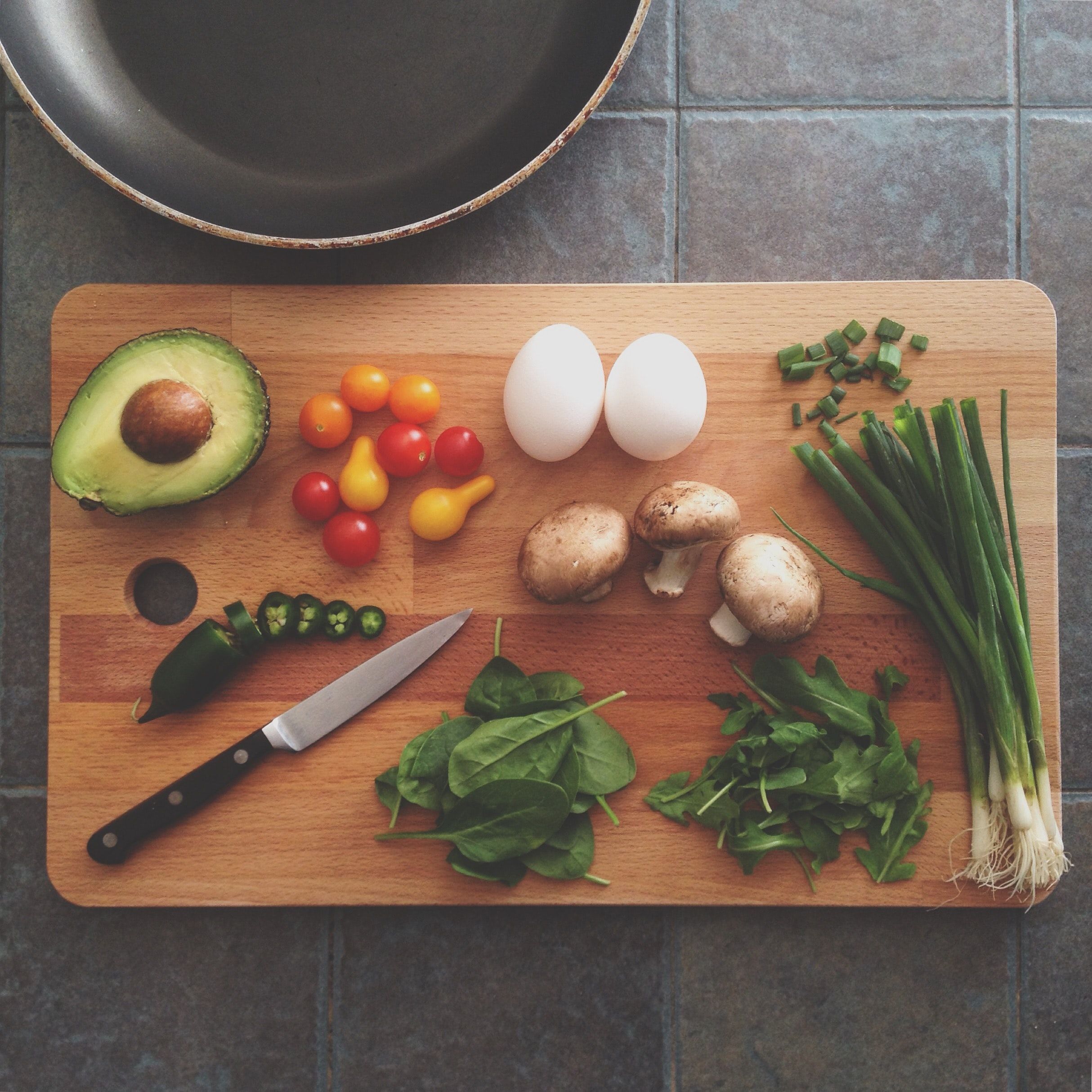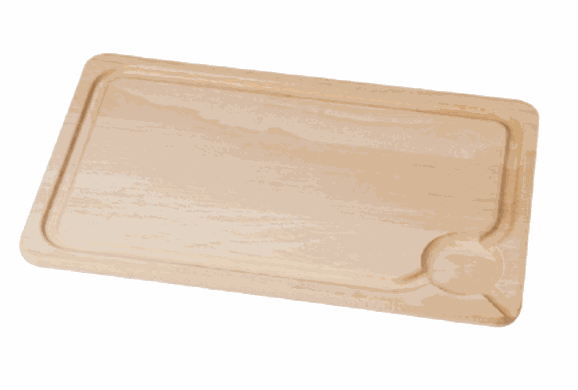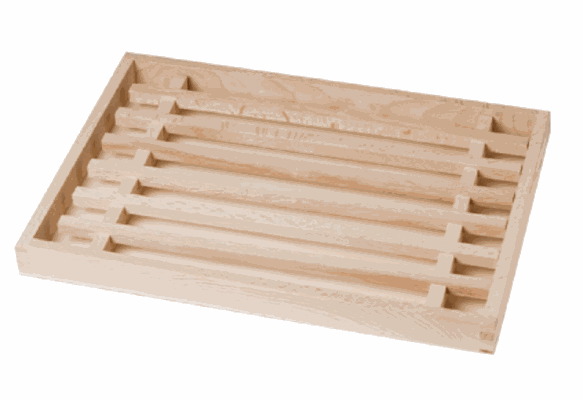This may seem like a very simple subject and few people have really thought about it, and yet... There are different questions that can be asked: what material and what type should I choose for my cutting board and why?
You have different possibilities: wood, glass, plastic, wood pulp and resin, thermoplastic. So many options, but only one is really perfect in every way: wood. Whether from a practical or hygienic point of view, wood remains the masterpiece.
In the world of cutting boards, there are also many different types of boards; meat boards, vegetable boards, bread boards, baguette boards, amateur or professional boards. Read below to know all the details…
CONTENTS:
1. What material should I choose for my cutting board?
2. The debate on the hygiene of wood in the kitchen
3. What type of cutting board should I choose according to my use?
4. To be continued…
1. What material should I choose for my cutting board?
For the main material of a cutting board, there are several OPTIONS:
| Types | fFeatures |
| Wood | Beware of the hardness of the material which varies according to the species, it is necessary to pay attention to the wood that composes you board. Porous and therefore non-toxic, bacteria are evacuated through the pores. Beware of the hygroscopicity of the material (moisture regain), to counter this we can penetrate oil in the wood. They are more robust, do not slip on the work surface and are stable. |
| Plastic | Cheap material, but not hard enough for knives. Can become toxic for individuals by storing bacteria inside the cracks. Not porous, bacteria do not escape. |
| Steel / Glass / Stone | Too hard for a knife blade |
| Thermoplastic | More resistant than the classic plastic and has a higher hardness. It is not very durable over time and is quite polluting at the manufacturing and end-of-life levels. |
| Wood pulp and resin | More resistant, often used with bamboo which is a durable wood. Less hygroscopic Not porous and therefore less hygienic. |
2. The debate on the hygiene of wood in the kitchen
Before using these materials in the kitchen, it is important to consider the hygiene aspect. Because yes, this is a question that must be asked. Plastic is good, everyone knows it, but is it really good? Is wood a good alternative?
According to a study conducted by Hout info Bois, bacteria survived 30 times less on the surface of wood due to the tannin present in wood compared to plastic and steel which were the reference materials of this study [1,2].
This proves that it is more hygienic to use wooden cutting boards than plastic ones, because the scratches formed in the plastic due to the passage of the knife close up trapping bacteria and dirt, as this material is not porous, they remain trapped inside. It is the same principle for the wood paste mixed with resin.

3. What type of cutting board should I choose according to my use?
There are several types:
Professional or amateur board
Meat board
Bread board
Baguette board
Vegetable board


Professional boards are stronger and also more expensive than amateur boards, depending on what you do with them. If you run a restaurant, go for a very high quality and thicker board, if you use your board occasionally for everyday cooking, go for a classic board.
Meat boards are practical because they contain a gutter around the edge to catch the meat juices when cutting to prevent them from running.
Bread and baguette boards contain a removable shelf to collect the crumbs and let the bread rest while still warm.
The vegetable boards are the classic boards without recesses or shelves, suitable for all uses.
To be continued...
I hope this blog has been very informative for you, and that it has helped you choose your wooden cutting board.
Other clever kitchen utensils exist, check out our other articles about the kitchen to increase your chances of achieving an effective zero-waste kitchen. cuisine pour augmenter vos chances d’obtenir une cuisine zéro déchet efficace.
See you soon!
Loulou the Kangaroo

